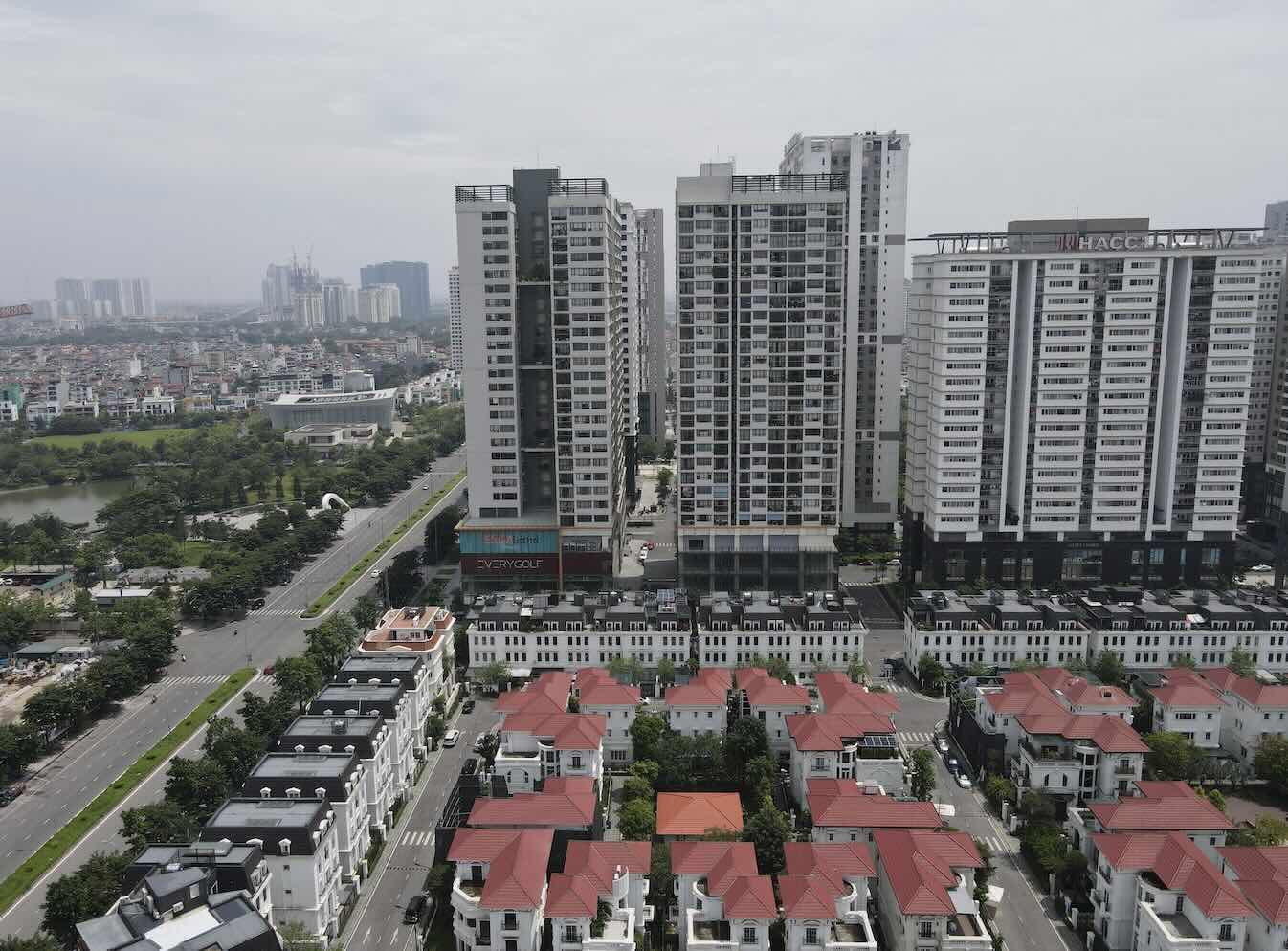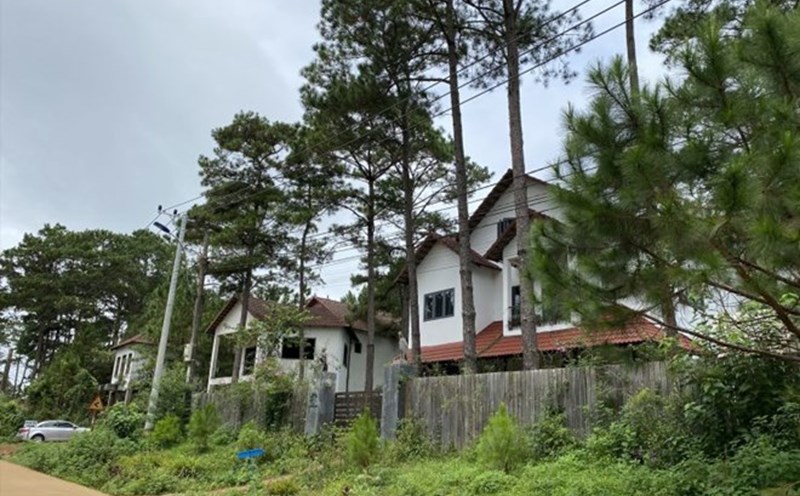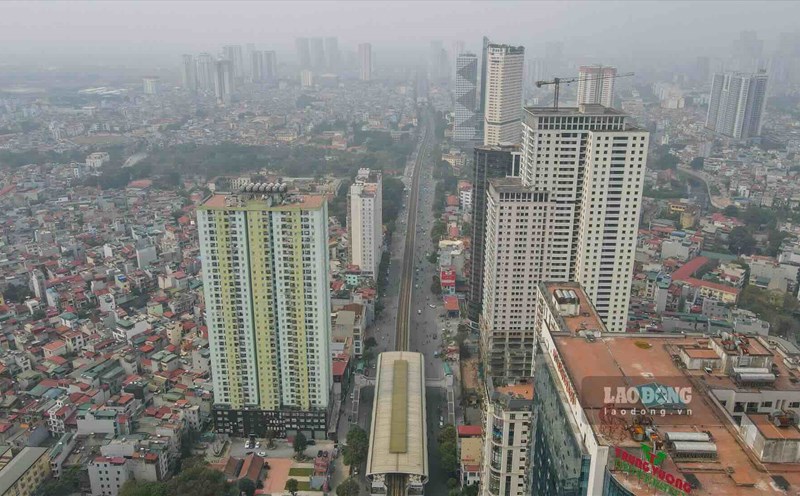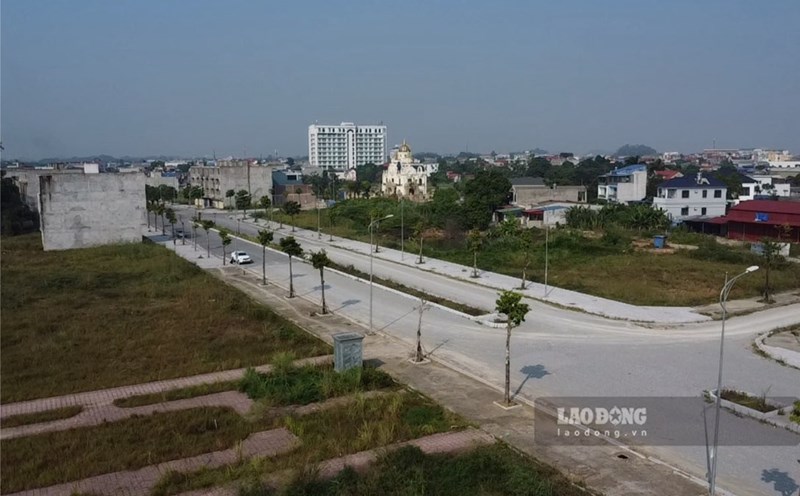Experts and associations support the postponement of tax proposals
The proposal to apply a 20% tax on real estate transfer income in the draft Law on Personal Income Tax (amended) was expected to create a major shift in tax fairness.
However, as soon as it was made for comments, this proposal was met with many reactions from the market and experts because they were concerned about the lack of basis for practice, even the risk of pushing housing prices up further.
After many comments from businesses, associations and people, the Ministry of Finance is said to have decided to withdraw this proposal, keeping the current 2% tax rate on transfer value.
This move not only shows the openness and listening from management agencies but also opens up opportunities to look back more comprehensively at tax policies and the goal of reducing housing prices in a practical way.
Talking to Lao Dong reporter, economic expert, Dr. Nguyen Minh Phong said that it is necessary to withdraw the proposal to apply a 20% tax on the income from real estate transfers.

"First of all, it must be affirmed that using tax tools to adjust profits as well as speculative activities is necessary. The world has done quite well, we Vietnam are exploring that plan.
However, the recent proposal of up to 20% was sudden, too big for the tax subject to be clarified. Selling evenly, all sales are calculated at 20%, will not be feasible, creating many frustrations and problems, especially affecting the rights of those who only sell. Therefore, those proposals have reasonable factors but cannot be implemented, so withdrawing them is necessary" - Dr. Nguyen Minh Phong said.
Associate Professor, Dr. Dinh Trong Thinh expressed that the proposal to impose a tax of 20% of taxable income on real estate transfer activities is a "great effort".
However, the impact of this proposal on real estate development in particular and the entire real estate market is very weak, not much meaning. According to Mr. Thinh, the tax should be implemented according to a methodical process, and it cannot be suddenly introduced in a surprising way.
Meanwhile, Mr. Le Hoang Chau - Chairman of the Ho Chi Minh City Real Estate Association (HoREA) expressed his joy that the Association's contributions and recommendations were fully listened to and accepted.
Sharing with Lao Dong reporter, HoREA Chairman said that he will continue to follow and give appropriate comments to complete the draft laws.

Lack of data, easily affecting vulnerable people
From the business perspective, Mr. Pham Duc Toan - CEO of EZ Property Real Estate Investment and Development Joint Stock Company expressed his agreement with with withdrawing the proposal to apply a 20% tax on the income from real estate transfers.
"First, this tax cannot be implemented immediately. Because currently, we still do not have enough data on housing as a basis for taxation. Taxation must be on the right subjects and achieve the right targets. In my opinion, it is necessary to first build a complete and accurate national database on housing, thereby being able to effectively implement tax policies.
Second, the tax is very difficult to implement, because its impact is not small. As soon as taxes are imposed, housing prices can immediately be pushed up, causing a negative impact on the real estate market. While the policy's goal is: One is to reduce speculation and short-term investment to stabilize housing prices; the other is to increase revenue for the budget. However, both of these goals are difficult to achieve if implemented hastily.
In addition, this tax policy sometimes directly affects the disadvantaged. For example, those who have difficulty doing business and are forced to sell their houses have to bear additional taxes, which is unreasonable" - Mr. Pham Duc Toan said.
Mr. Toan said that such taxing will unintentionally have a negative impact on the group of people that society is trying to protect. Therefore, the decision to postpone is completely correct. We need to have a scientific and strict roadmap, instead of giving it hastily, leading to a situation where the whole society tries to evade taxes and evade taxes. Continuing to apply a tax rate of 2% on the total transfer value is still reasonable in the current context.











